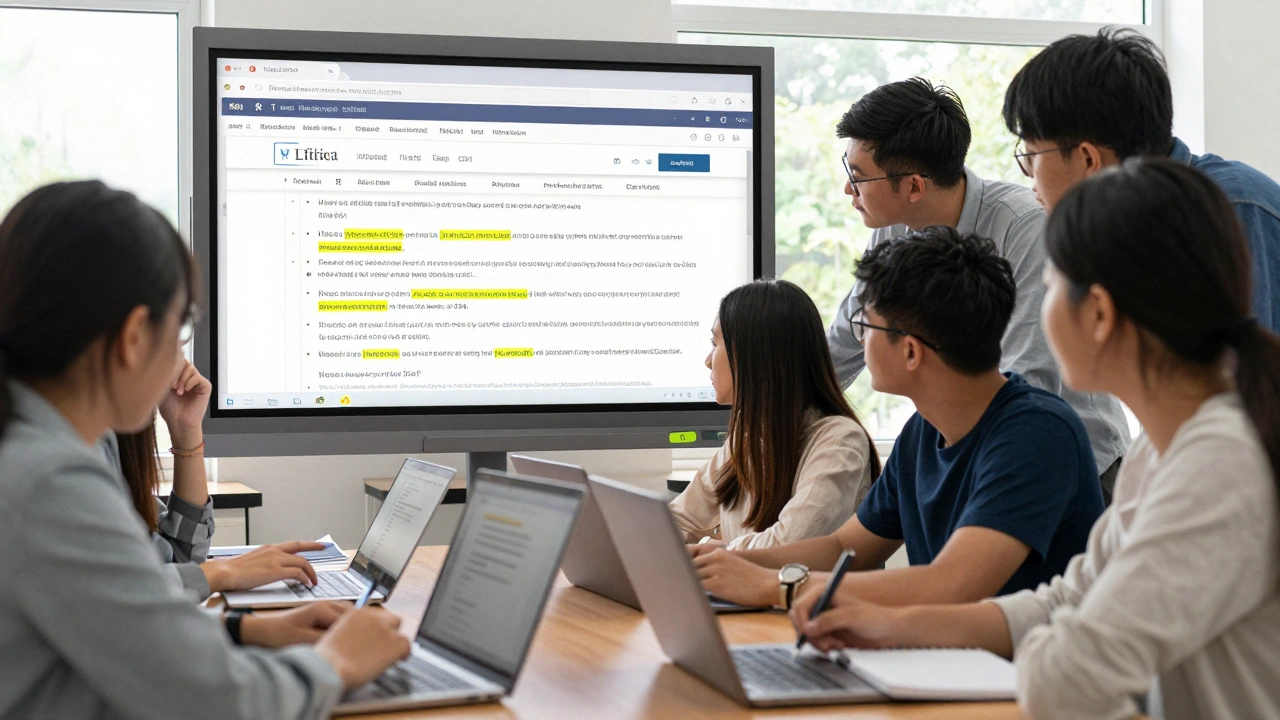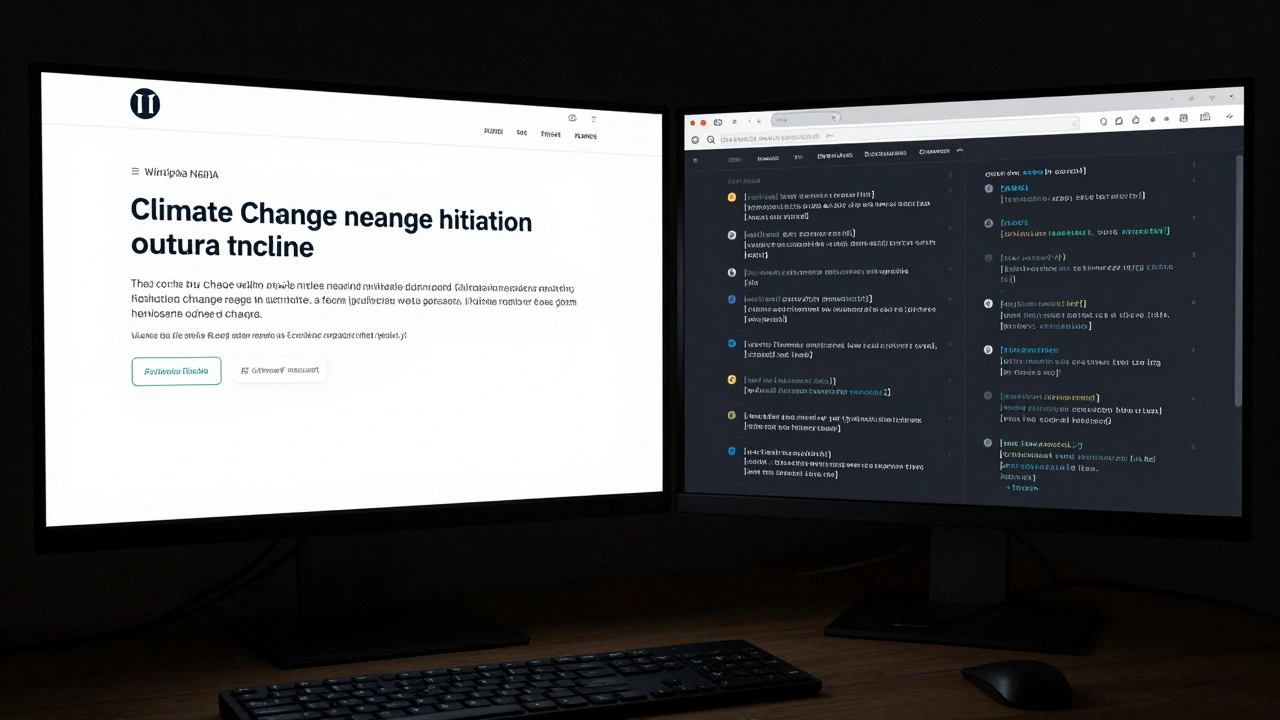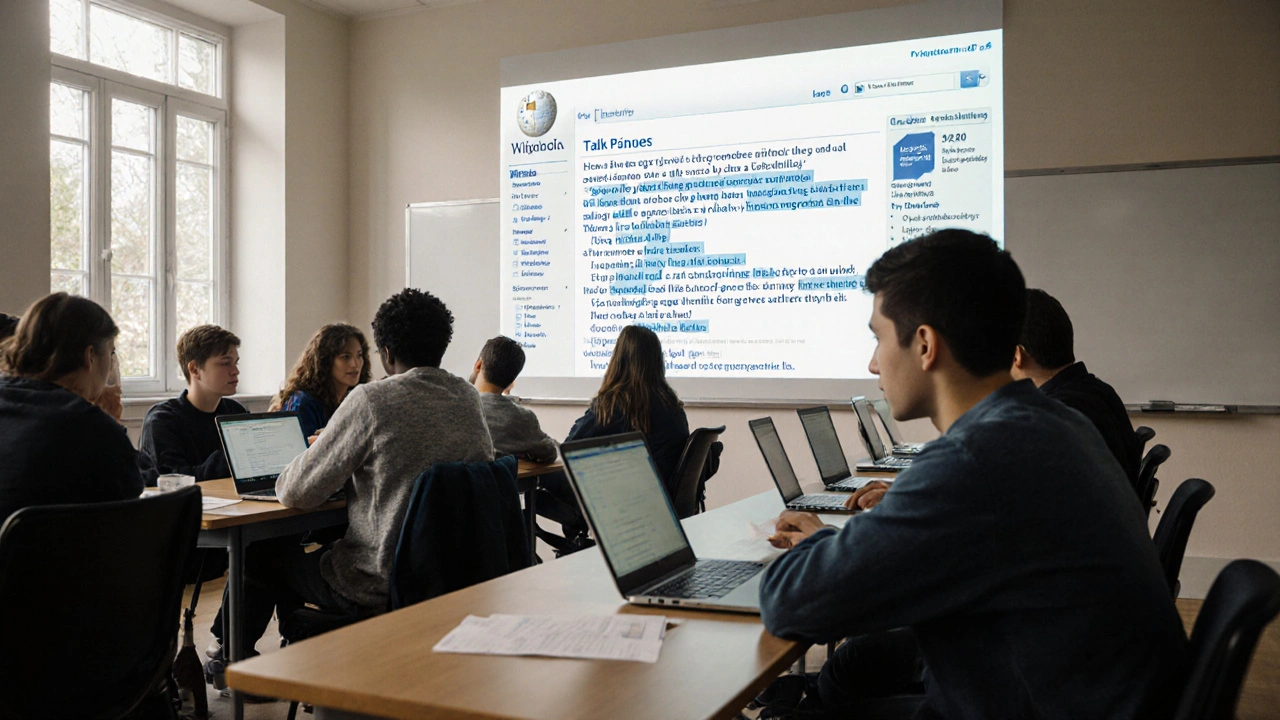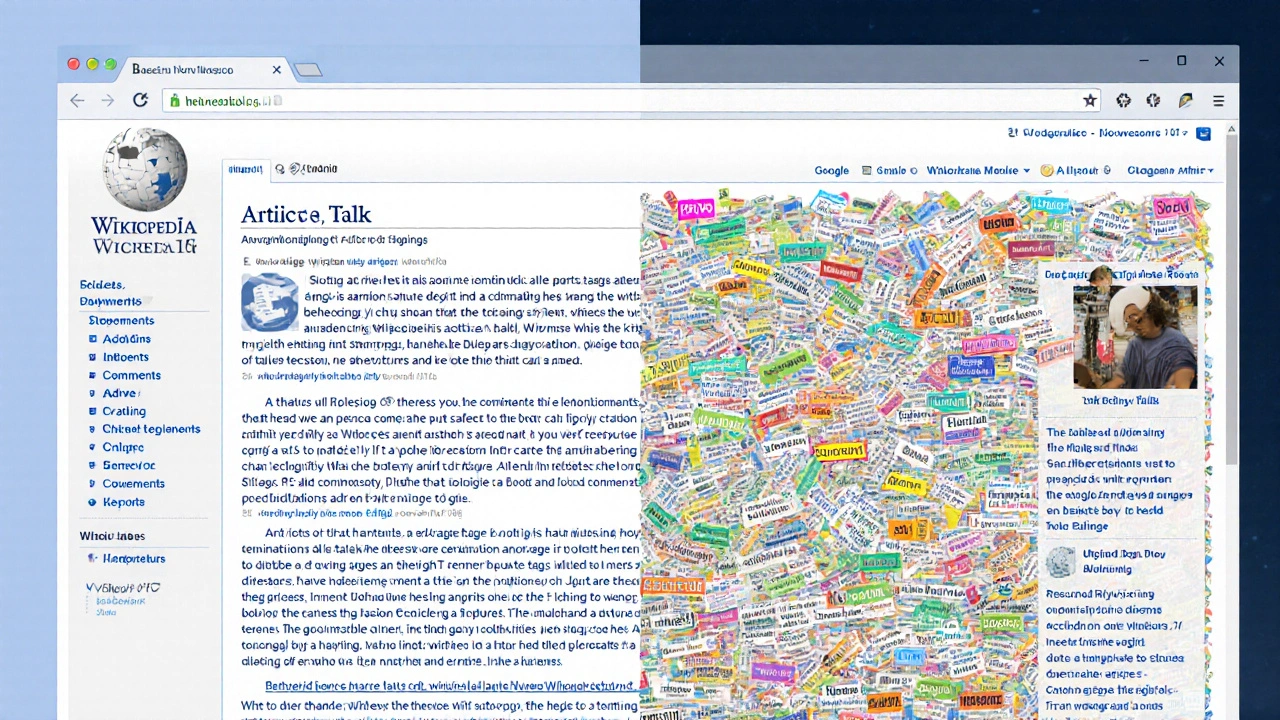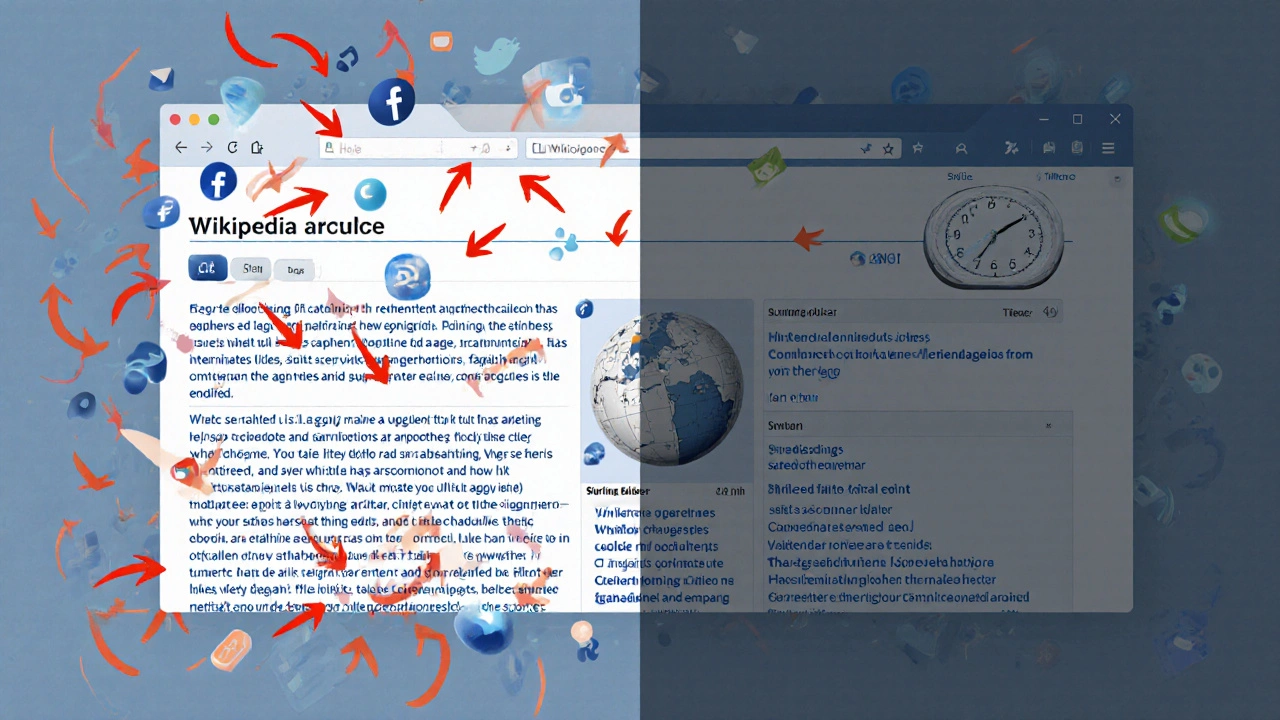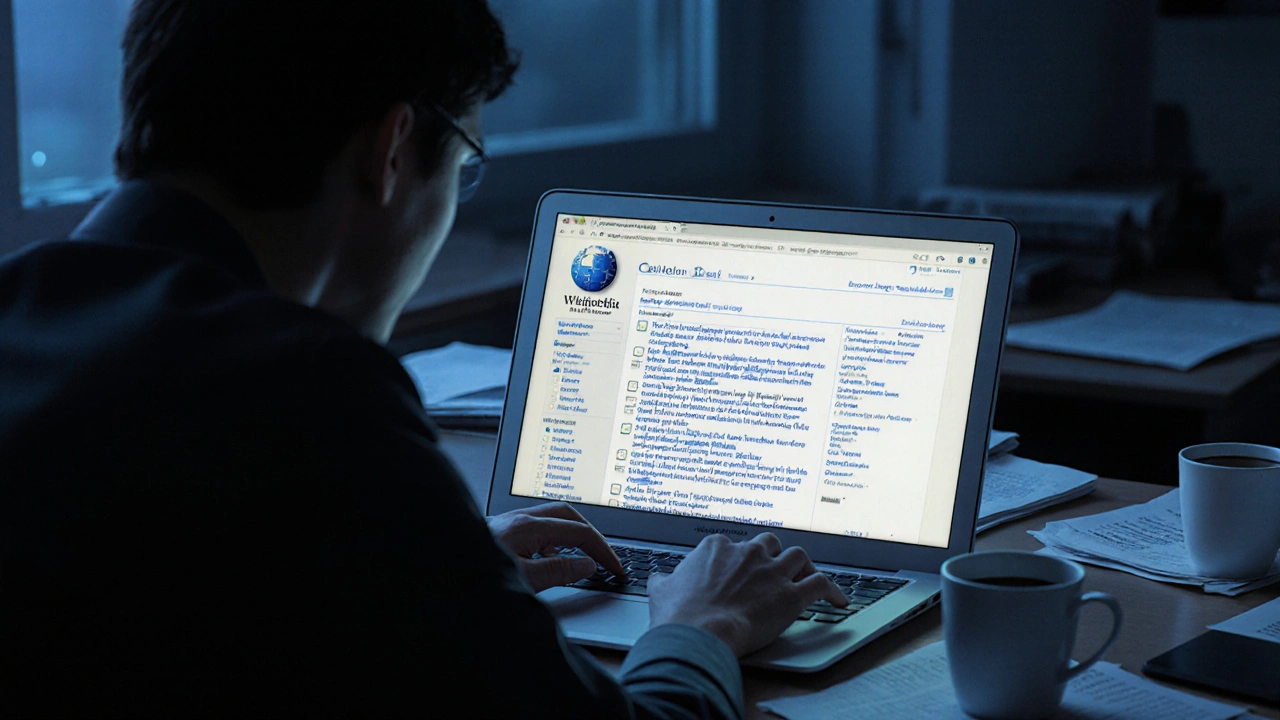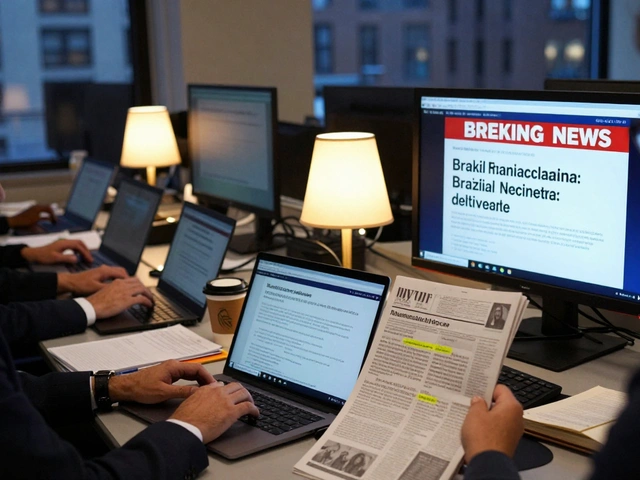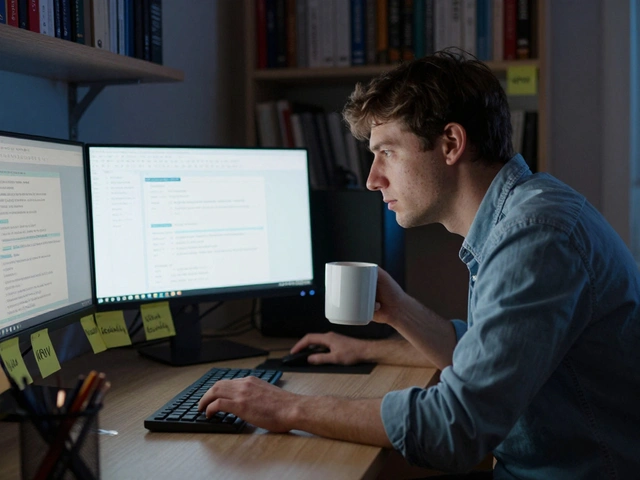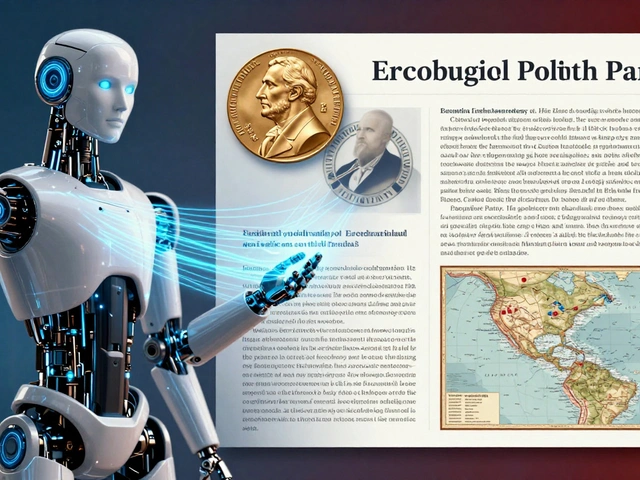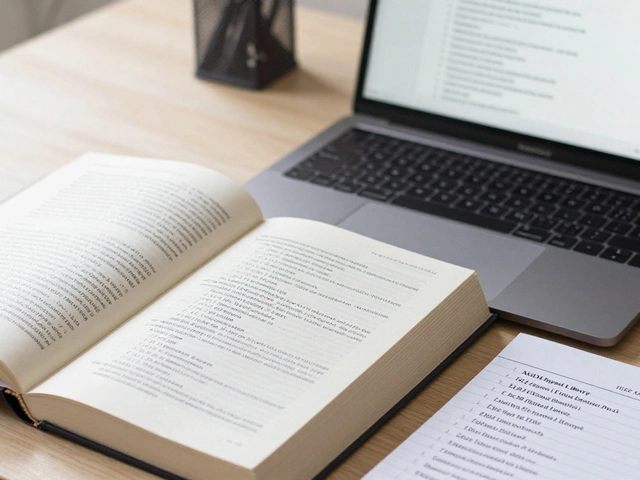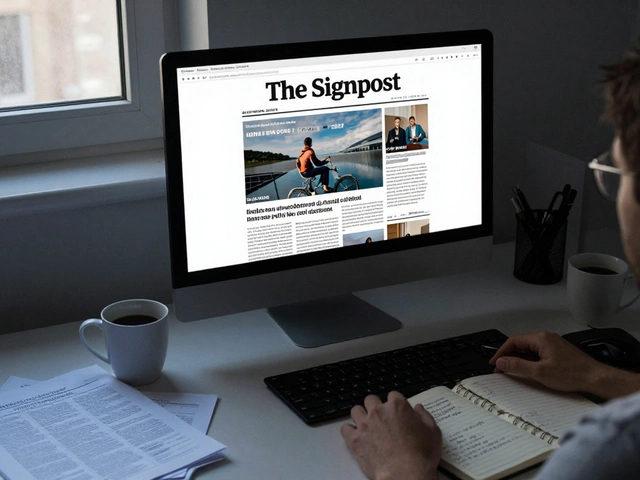Wikipedia talk pages: How editors debate, fix, and build the encyclopedia
When you think of Wikipedia, you probably think of the articles—the clean, neutral summaries you click on when you need a quick answer. But behind every article is a Wikipedia talk page, a public discussion space where editors debate edits, resolve conflicts, and build consensus before content goes live. Also known as discussion pages, these are the real engine of Wikipedia’s reliability—not the articles themselves, but the messy, human conversations that shape them. Without talk pages, Wikipedia would just be a collection of unverified claims. Every edit that survives a reversion, every policy that gets adopted, every controversial topic that finds balance—most of it starts on a talk page.
These pages aren’t just for arguing. They’re where Wikipedia consensus, the method editors use to agree on content without top-down control is built. You’ll find editors citing Wikipedia policies, official rules that guide how content should be written and sourced, linking to reliable sources, and calmly explaining why a change matters. It’s not always polite. Sometimes it’s loud. But it’s structured. And it works. Talk pages also connect to other key parts of Wikipedia: Wikipedia editing, the process of improving articles through research and collaboration, relies on feedback from talk pages to avoid mistakes. The Wikipedia community, the network of volunteers who maintain the site lives here—not in headlines, but in threads about sourcing, tone, and neutrality.
What you won’t find on talk pages are bots running wild or AI rewriting history. You’ll find real people—students, retirees, journalists, scientists—spending hours checking citations, calling out bias, and defending the encyclopedia’s standards. Some talk pages have thousands of comments. Others sit quiet for months. But they all serve the same purpose: to make sure what shows up on the main article is accurate, balanced, and defensible. If you’ve ever wondered how Wikipedia stays trustworthy despite being open to anyone, the answer isn’t technology. It’s these pages.
Below, you’ll find a collection of articles that dig into how these discussions work—how editors handle harassment, resolve disputes, use watchlists to track changes, and push back against censorship. You’ll see how talk pages shape everything from Indigenous representation to AI ethics. This isn’t about editing tips. It’s about the quiet, stubborn human effort that keeps Wikipedia alive.
How to Use Wikipedia Talk Pages for Classroom Debates
Wikipedia talk pages reveal how knowledge is debated and built-making them powerful tools for teaching students to think critically, spot bias, and evaluate sources in the classroom.
How Wikipedia Talk Pages Shape Articles Before You Ever Read Them
Wikipedia articles aren't written in isolation-they're shaped by hidden debates on talk pages. Learn how these behind-the-scenes discussions ensure accuracy, resolve disputes, and make Wikipedia more reliable than you think.
How to Use Wikipedia Talk Pages to Teach Scholarly Debate
Wikipedia talk pages offer a real-world classroom for teaching evidence-based debate, source evaluation, and collaborative knowledge-building. Students learn to argue with facts, not opinions.
How to Monitor Wikipedia Article Talk Pages for Quality Issues
Monitoring Wikipedia talk pages helps identify quality issues before they spread. Learn how to spot red flags, use tools, and contribute to better information across the platform.
How to Use Wikipedia Talk Pages to Fix Disputed News Content
Learn how Wikipedia talk pages help editors resolve disputed news content through source-based discussion, collaboration, and policy-driven consensus-without bias or rumor.
Wikipedia Talk Pages as Windows Into Controversy for Journalists
Wikipedia Talk pages reveal the hidden battles over facts, bias, and influence behind controversial topics. Journalists who learn to read them uncover leads, detect misinformation, and understand how narratives are shaped - often before they hit the headlines.
